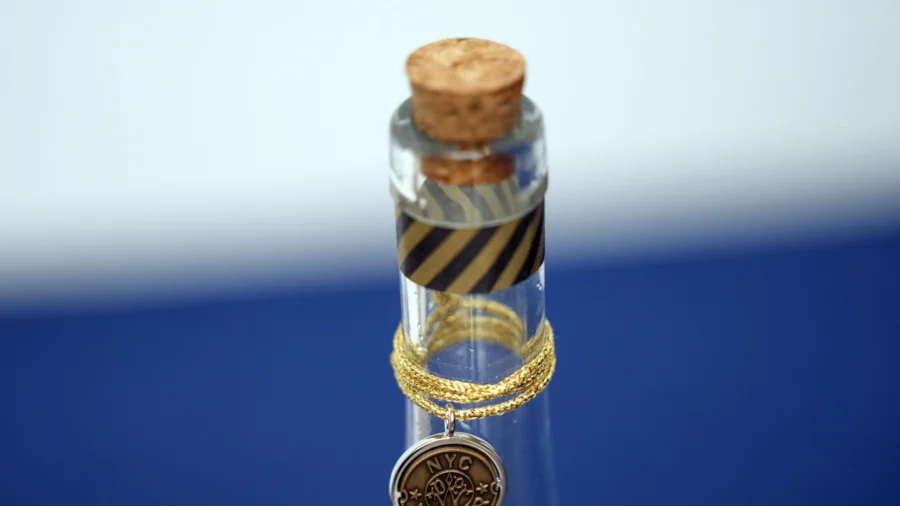NEW YORK—New York’s mayor urged residents to take shorter showers, fix dripping faucets and otherwise conserve water, issuing a drought watch Saturday after a parched October here and in much of the United States.
A drought watch is the first of three potential levels of water-saving directives, and Adams pitched it in a social media video as a step to try to ward off the possibility of a worse shortage in the United States’ most populous city.
“Mother Nature is in charge, and so we must make sure we adjust,” said Adams, a Democrat.
He ordered all city agencies to get ready to implement their water conservation plans. He asked the public to do its part by, for example, turning off taps while brushing teeth and sweeping sidewalks instead of hosing them down.
The mayor also exhorted residents to report opened-up fire hydrants and other street leaks. The recommendation comes days after the city fixed a leaky Brooklyn hydrant that fed a homespun goldfish pond on the sidewalk.
Just 0.01 inches of rain fell last month on the city’s Central Park, where October normally brings about 4.4 inches of precipitation, National Weather Service records show. City Department of Environmental Protection Commissioner Rohit Aggarwala said it was the driest October in over 150 years of records.
Complicating the water squeeze, the city is repairing a big, leaky aqueduct that carries water from the Catskill region, so residents are relying more on reservoirs in the city’s northern suburbs. That area got 0.81 inches of rain last month, about one-fifth the October average, the mayor’s office said in a release Saturday.
New York City uses an average of 1.1 billion gallons of water a day. That is about 35 percent below a 1979 peak. The city attributes the decrease to such factors as improvements in spotting leaks.

